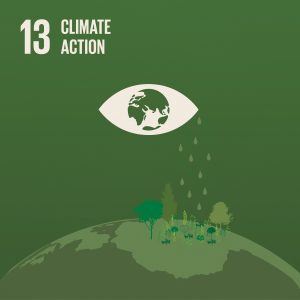by Becki Retzlaff

Photo credit: Becki Retzlaff
An important part of getting an undergraduate education is the core curriculum. The core curriculum helps Auburn maintain its accreditation, makes sure that students have basic knowledge of a variety of subjects, draws different parts of their education together, and provides a well-rounded education. Most core curriculums contain subjects like English, humanities, history, science, and math. Those subjects are certainly important, but they have not changed much since I was an undergraduate twenty years ago. Some colleges have experimented with adding new topics, like sustainability, civic engagement, diversity, and social responsibility to core curriculums, while keeping the classic subjects.
What would adding sustainability to the core curriculum at Auburn look like? Here are two examples:
At Pacific University in Oregon, sustainability is in the core curriculum (along with international and diverse perspectives, and civic engagement). Students can choose from a long list of classes that cover sustainability, such as design for sustainability and environmental economics. If they don’t want to take a class to meet their sustainability core requirement, they can propose a 0-4 credit project, working with a faculty sponsor, to fulfill this requirement.
The University of Vermont requires that every undergraduate student fulfil core curriculum requirements in diversity and sustainability, as well as the traditional requirements of quantitative reasoning and writing. The sustainability requirement has four learning outcomes: students are required to understand the complexity of sustainability; the integration of economic, ecological, and social perspectives; critical thinking; and how sustainability impacts lives and actions. Students have three ways to fulfil their sustainability core requirement: take a class in sustainability, be enrolled in a sustainability curriculum, or complete an approved experiential learning experience.
The Sustainability Tracking, Assessment, and Rating System (STARS) criteria for curriculums awards eight points to universities that have adopted one or more sustainability learning outcomes in the core curriculum. That is a lot of points! But more importantly, universities that have sustainability in the core curriculum have entire undergraduate graduating classes with some basic knowledge on practices that support the interconnected issues of nature, economy, society, and wellbeing, and they are ready to apply that knowledge to their chosen fields. While I don’t advocate for replacing things like English, humanities, or science with sustainability in the core curriculum, I think that adding a sustainability curriculum requirement to these important subjects would certainly advance Auburn’s goal of inspiring and preparing students for life and careers through distinctive, innovative curricula (Strategic Plan Goal #1).
Becki Retzlaff is the director of the Academic Sustainability Program.
Learn about the SDGs & AU and our contributions related to this post.






